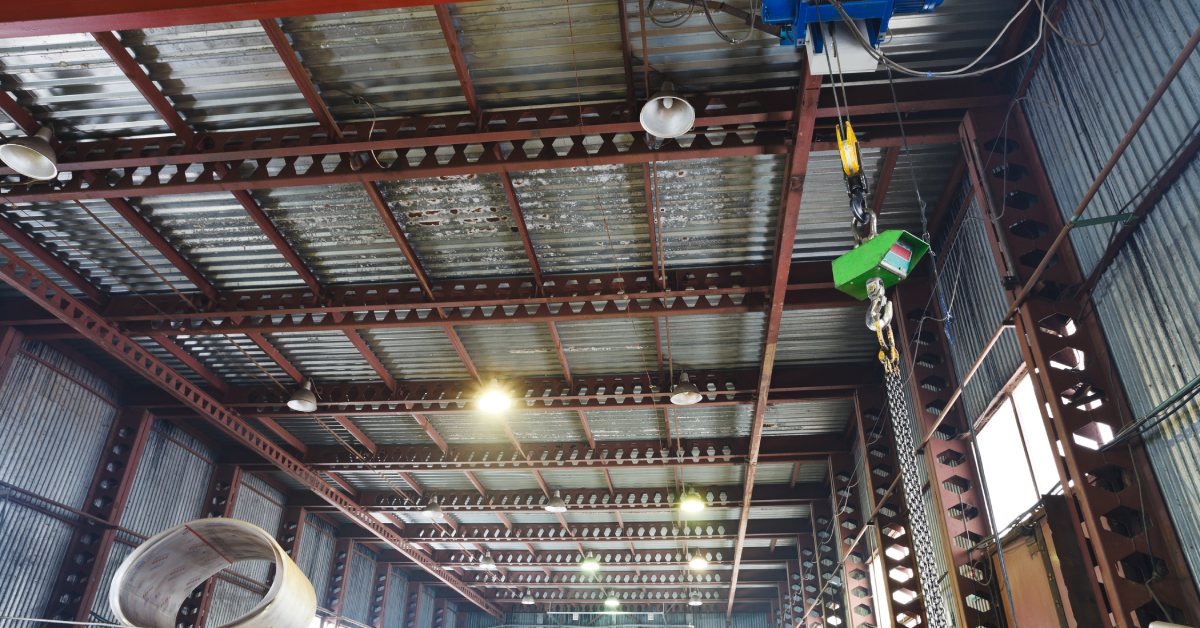
In the modern industrial environment, where precise measurements can significantly impact production efficiency and safety, selecting appropriate weighing equipment is crucial. Among the multiple options available, crane and hoist scales are critical tools for measuring heavy loads.
These advanced weighing instruments are indispensable across various sectors, including construction, shipping, and manufacturing, where accurate load weight data is pivotal for operational success. Learning about the differences between crane scales and hoist scales will help you decide which device best meets your specific industrial requirements.
Understanding Crane Scales
Crane scales are versatile weighing devices designed for heavy-duty applications. Typically employed in construction, shipping, and logistics industries, these scales hang from a crane or other lifting device to weigh large loads. They can withstand harsh environments and rough handling, ensuring durability and long-term usability. The main advantage of crane scales is their simplicity and ease of operation, allowing workers to perform weighing tasks swiftly. They often come with digital displays that provide accurate readings and wireless remote monitoring capabilities.
Exploring Hoist Scales
Hoist scales use hoisting devices and are essential for operations that require the simultaneous lifting and weighing of goods. They are popular in areas where precise control over load management is critical, such as warehouses and manufacturing facilities. They generally consist of load cells that provide exact measurements and robust monitoring systems that ensure safety during lifting operations. Hoist scales offer advanced monitoring and control options, which can be crucial for sensitive or delicate loads.
Key Differences
One of the main differences between crane and hoist scales is their functionality and versatility. While both serve to weigh large loads, crane scales offer higher portability and are perfect for tasks requiring movement across different sites. Ideal for temporary setups, they provide a cost-effective solution without needing permanent installation.
Hoist scales are best for stationary operations, facilitating precise weight control in settings where the movement of goods is a daily occurrence. Their ability to integrate with existing hoist systems makes them an indispensable tool for facilities requiring permanent solutions.
Selecting the Right Scale
Safety and efficiency remain pivotal considerations when selecting the appropriate weighing scale. The simplicity of operation in quality crane weight scales minimizes risk, as workers can swiftly attach and detach loads without complex setups. Hoist scales offer superior safety controls that prevent accidents when managing heavy or volatile materials. Understanding your operational priorities, whether speed and portability or control and precision, is essential in making the right choice.
Deciding between a crane scale and a hoist scale demands careful consideration of your operational needs, budget constraints, and safety requirements. Both scales play unique roles; understanding their distinct advantages and limitations will guide you in investing wisely in your industrial applications.
Call us today to learn more about our scales, gain deeper insights, and explore tailored solutions that enhance productivity and safety in your workplace.